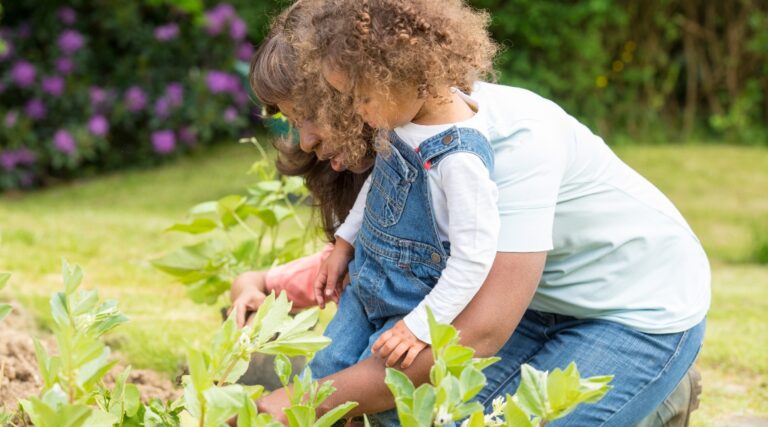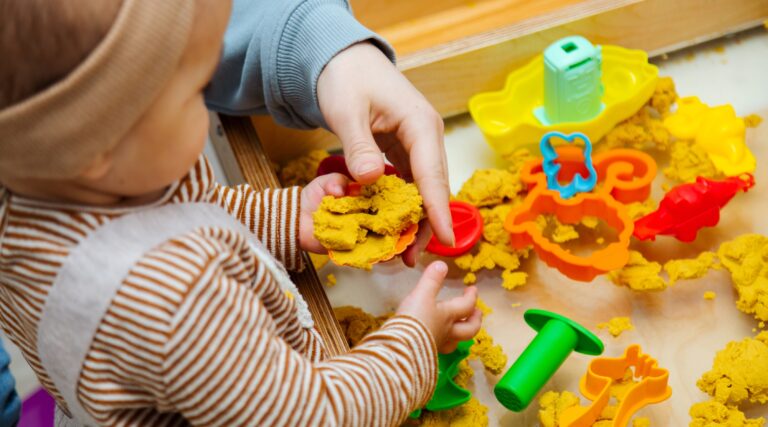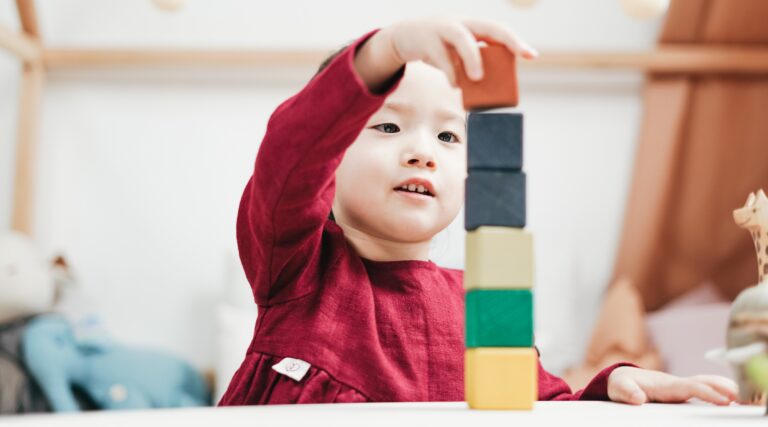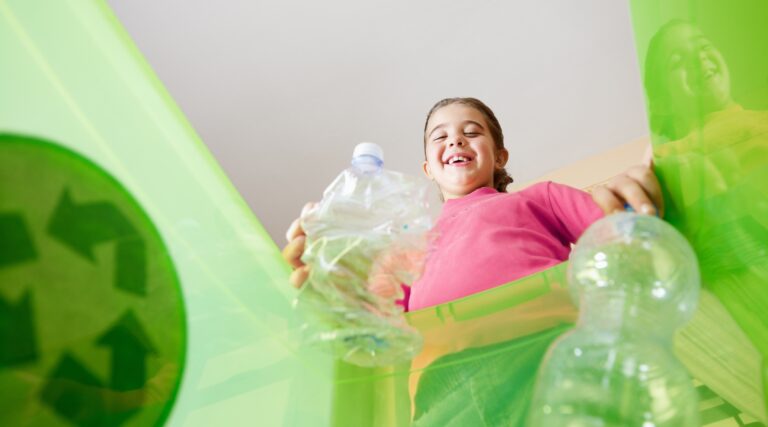The Benefits of Sensory Gardens for Young Children
Sensory gardens provide a unique and enriching environment for young children, offering a multitude of benefits that support their development in several key areas. These carefully designed spaces combine elements that engage all the senses, fostering learning, well-being, and growth through interactive and immersive experiences. The team at St Albans Whiz Kidz have put together a list of some of the benefits of sensory gardens for young children:
Sensory Development
Sensory gardens are rich in stimuli that engage all the senses—sight, smell, touch, taste, and hearing. This multisensory engagement helps in refining these senses, which is crucial for young children’s sensory development. It aids in understanding the world around them and supports cognitive growth, language development, and fine motor skills.
Emotional Regulation
The diverse and natural environment of a sensory garden provides a calming space for children, helping them learn to regulate their emotions. Natural settings have been shown to reduce stress and anxiety, offering children a peaceful retreat from overstimulation in their busy lives.
Encourages Exploration and Curiosity
Sensory gardens are designed to be interactive spaces that encourage exploration and curiosity. Children are naturally inclined to explore their environment, and sensory gardens with their varied plants, textures, and structures provide endless opportunities for discovery and learning.
Supports Learning
Sensory gardens can be fantastic outdoor classrooms where learning happens naturally. They offer hands-on experiences that are not easily replicated inside traditional classrooms. Children can learn about plant life cycles, weather patterns, insects, and ecosystems, fostering an early interest in science and nature.
Promotes Physical Development
Navigating a sensory garden involves a range of physical activities that can help improve balance, coordination, and spatial awareness. The varied terrain and garden features encourage children to walk, climb, balance, and engage in fine motor activities like picking up small objects, all of which support their physical development.
Improves Attention and Focus
Spending time in nature, including sensory gardens, has been linked to improvements in attention and focus in children. The natural environment provides a restorative experience that can help children concentrate better and improve their cognitive abilities, including memory and problem-solving skills.
Fosters Social Interaction
Sensory gardens provide a shared space where children can interact, communicate, and play together. This promotes social skills such as sharing, cooperation, and negotiation. The inclusive nature of sensory gardens means they can be enjoyed by children of all abilities, encouraging empathy and understanding.
Encourages Responsibility and Stewardship
By involving children in the care and maintenance of a sensory garden, they learn responsibility, patience, and the importance of taking care of the environment. These experiences can instil a lifelong appreciation for nature and an understanding of the role humans play in preserving natural spaces.
Creativity and Imagination
The diverse elements of a sensory garden stimulate creative play and imagination. Children might invent stories, create art, or engage in role-play inspired by the garden setting, which supports creative thinking and problem-solving skills.
Accessibility and Inclusion
Sensory gardens are designed to be accessible to children with various needs, including those with disabilities. This inclusivity ensures that all children can benefit from the garden’s offerings, promoting an environment of equity and understanding from a young age.
In summary, sensory gardens offer a wealth of benefits for young children, from enhancing sensory development and emotional regulation to fostering learning, physical activity, and social interaction.
Whiz Kidz St Albans know how invaluable sensory gardens are in early childhood education, as they provide a nurturing and stimulating environment that supports children’s holistic development.







